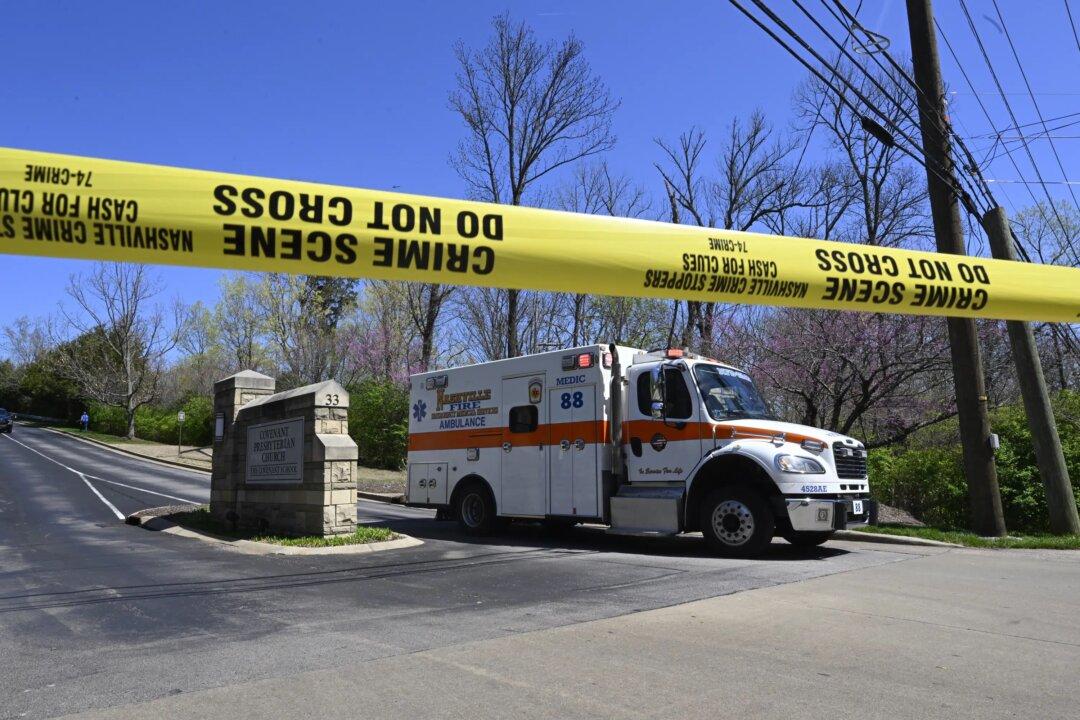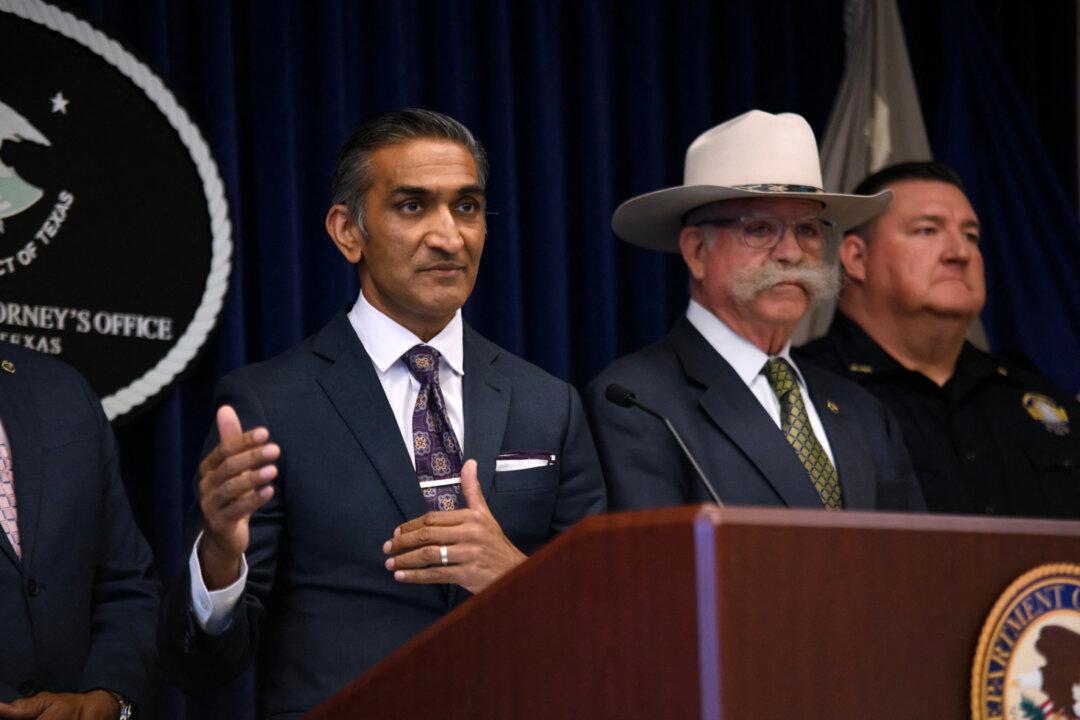A Vermont bill that would mandate private companies pay for damages caused by global warming has raised concerns that the legislation could hurt the business climate as well as raise energy prices for already cash-strapped residents of the state.
If approved, the controversial Vermont Climate Superfund Act is poised to make oil and gas giants such as Shell, ExxonMobile, and Chevron shell out billions in climate change cleanup and climate-related health care costs to state authorities. Penalties from the “Climate Superfund Act” will be assessed using a calculation based on to what extent authorities determine “extreme weather events” have affected the state.





